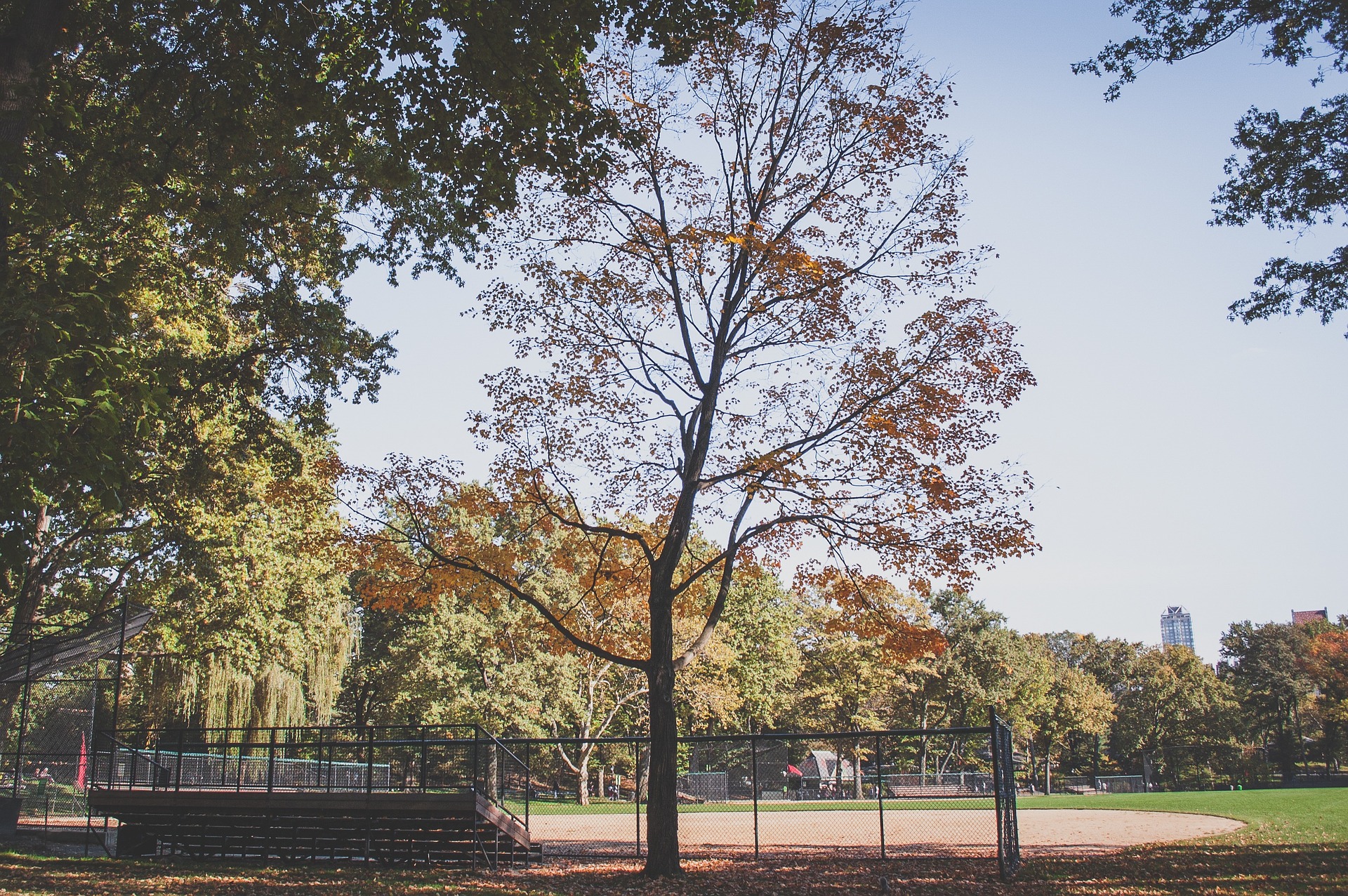Pandemic-To-Permanent: Lasting Changes To Higher Education
While we are unsure all 11 of Brandon Busteed’s changes in Pandemic-To-Permanent: 11 Lasting Changes To Higher Education will be permanent, the article is worth a read if you want to understand some of what is going on in higher education that directly impacts admissions. Four points that stand out:
1. The test optional movement will become permanent. Although many colleges and universities announced such policies as temporary during the pandemic, these will become lasting changes to the world of college admissions. One of the big reasons relates to #2 below.
2. Higher education institutions will be increasingly and lastingly held accountable to diversity, equity and inclusion (DEI) metrics. This will be most prominent in ensuring the student population is more diverse, but it will show up in faculty and staff hiring priorities for diversity as well. Pre-pandemic, higher education institutions paid more lip service to these priorities. Going forward, they will need to make real commitments to DEI because many constituents will begin holding them accountable to their progress.
10. There will be a new kind of price war in higher education. Instead of ever-increasing tuition prices and expenses, universities will now compete to launch lower-cost online degrees to serve a growing market of value-oriented prospective students.
11. Elite colleges and universities are no longer role models. Despite a history characterized by Harvard-envy – and a lingering obsession among parents, students and the media with top-ranked institutions – their relevance to the rest of higher education is headed toward zero. A lack of willingness to grow enrollments and serve more students in innovative and non-traditional ways – along with a dismal record admitting poor students and minorities – will make elites oddities in and of themselves. Make way for the new role models in higher education: the public flagships and up-and-comer privates that innovate on many dimensions, find ways to freeze or lower costs, and dedicate themselves to being student- and employer-centric.
*Stay in the know! Subscribe*




